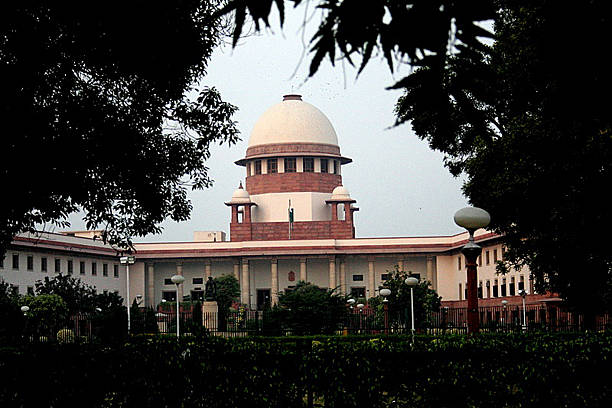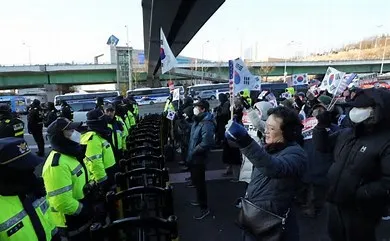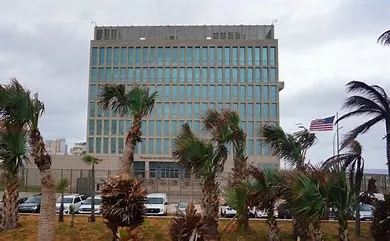The Supreme Court in the case Ashok G. Rajani vs Beacon Trusteeship Ltd. Observed and stated that there is no bar to withdrawal of an admitted CIRP application before constitution of Committee of Creditors.
The bench comprising of Justice Indira Banerjee and JK Maheshwari observed and has stated that the settlement cannot be stifled before the constitution of the Committee of Creditors in anticipation of claims from third persons, against the Corporate Debtor.
It was observed by the court while dismissing the appeal against NCLAT order which gave the parties the opportunity to settle their disputes before the Adjudicating Authority (NCLT) in terms of Section 12A of the IBC reading with Rule 11 of the National Company Law Tribunal Rules, 2016 (NCLT Rules).
Further, the bench noted that Section 12A of the IBC enables the Adjudicating Authority to allow the withdrawal of an application admitted under Section 7 or Section 9 or Section 10, on an application made by the applicant with the approval of 90% voting shares of the Committee of Creditors in such a manner as it is specified.
The court stated that Section 12A of the IBC clearly permits withdrawal of an application under Section 7 of the IBC that has been admitted on an application made by the applicant. Thus, the question of approval of the Committee of Creditors by the requisite percentage of votes, can only arise after the Committee of Creditors is constituted. In our view, before the Committee of Creditors is constituted, there is no bar to withdrawal by the applicant of an application admitted under Section 7 of the IBC.
Further, the court noted that Rule 11 of the NCLT Rules enables the NCLT to pass orders for the ends of justice including order permitting an applicant for CIRP to withdraw its application and to enable a corporate body to carry on business with ease and should be free of any impediment.
While dismissing the petition, the court stated that considering the investments made by the Corporate Debtor and considering the number of people dependant on the Corporate Debtor for their survival and livelihood, there being no reason why the applicant for the CIRP, should not be allowed to withdraw its application as once its disputes have been settled. However, the settlement cannot be shifted before the constitution of the Committee of Creditors in anticipation of claims against the Corporate Debtor from third persons. Thus, the withdrawal of an application for CIRP by the applicant would not prevent any other financial creditor from taking recourse to a proceeding under IBC and the urgency to abide by the timelines for completion of the resolution process cannot be stated as a reason to stifle the settlement.

















